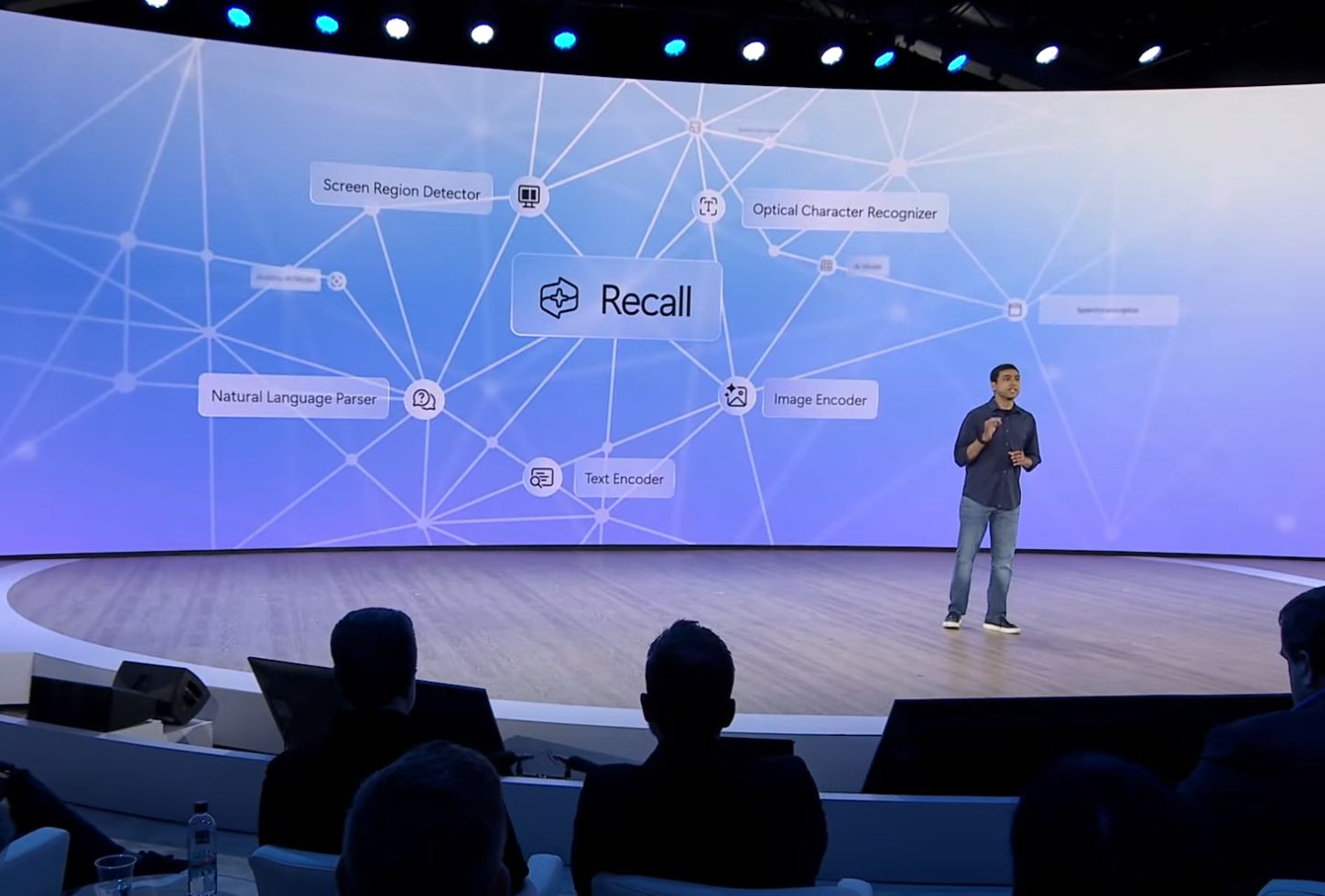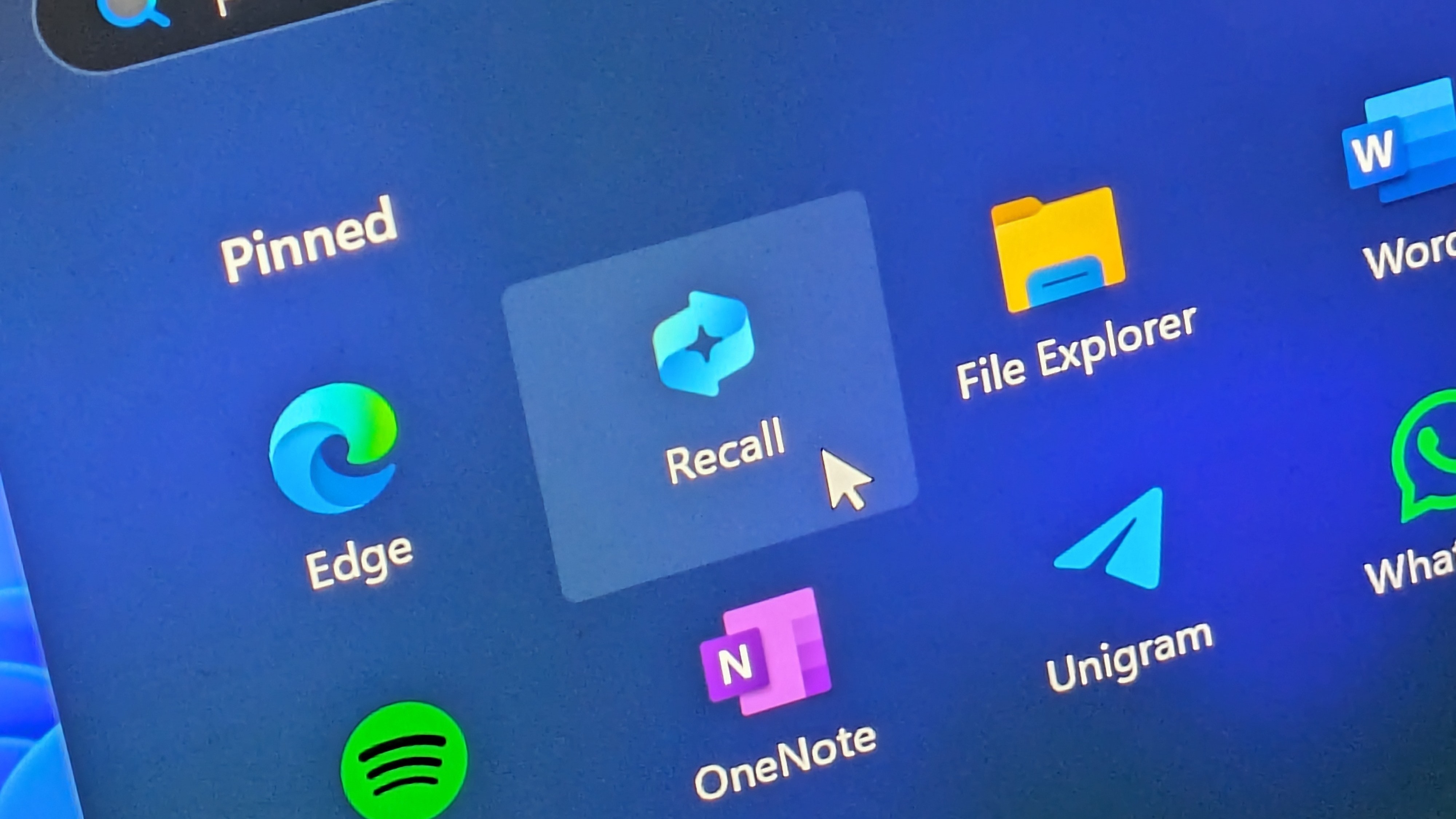
Since Microsoft announced Windows Recall at Build it's been one of the hottest topics of discussion in this space. Not all for good reasons, either. To say Recall is controversial would be an understatement.
Whether it's community members or prominent figures like Elon Musk weighing in, or security worries, or just straight up FUD, there's plenty of discontent around Microsoft's upcoming AI-powered feature.
But amid all of this, the appearance of so much negativity and blowback, there sure is a rush to clone it. We know there's already a way to force Windows Recall onto officially unsupported machines, but after reading up on that on GitHub, I went browsing a little further.
Recall has already inspired a number of projects designed to imitate its functionality, and not just on Windows 11, either.
One of the more well put together projects right now is called OpenRecall. It's essentially designed to mimic the Windows Recall functionality, operating on Windows, Mac, and Linux, while being completely open source. The benefit to that last point is that since anyone can poke around in the code, there's less likelihood of any nefarious activity going on.
It's billed as:
"OpenRecall is a fully open-source, privacy-first alternative to proprietary solutions like Microsoft's Windows Recall or Limitless' Rewind.ai. With OpenRecall, you can easily access your digital history, enhancing your memory and productivity without compromising your privacy."
It seems to operate in a similar fashion to Windows Recall, grabbing screenshots of your activity and making them searchable, either by entering text search terms or by scrolling through a visual timeline. I haven't tried it myself, because I ran into some Python related issues I'm not smart enough to figure out right now, but the video above is taken from the GitHub repository. What I can gather is that for the AI parts, it's using HuggingFace.
It's obviously very early, but shows promise, and unlike Microsoft's own version, is fully cross-platform, supporting Mac and Linux, too. All you need to try it out yourself is Git and at least Python 3.11 installed on your system, and the installation steps are listed on the GitHub repo.

Including OpenRecall, I count at least four projects just on the first page of GitHub search results alone of folks trying to build their own interpretation of Windows Recall. For a feature that's drawn such ire, it's certainly capturing some imagination.
Personally, I'm not yet sure whether Recall is going to be a feature I'll be able to build into my daily workflow. I'm not on the side of "ermagherd this is so bad and so insecure, burn it to the ground," but I am a little concerned that Microsoft has missed a few steps in building it. A developer that size shouldn't be building tools that stores key data in plain text, for example.
I am, however, a fan of open-source software projects, and I'm interested to follow the likes of OpenRecall and see where it goes. For one, I'm a believer in platform-agnostic software. After all, when everyone benefits, everyone wins. Windows Recall being limited (officially) to certain hardware immediately makes it less attractive. I don't really want to buy a new laptop just to try it, but I could certainly get behind trying an alternative.
I do find it a little funny, though, that there's so much negative public opinion surrounding Windows Recall, and yet, there are already efforts underway to recreate it. Maybe, the idea at least, isn't quite as bad as some would have us believe?







